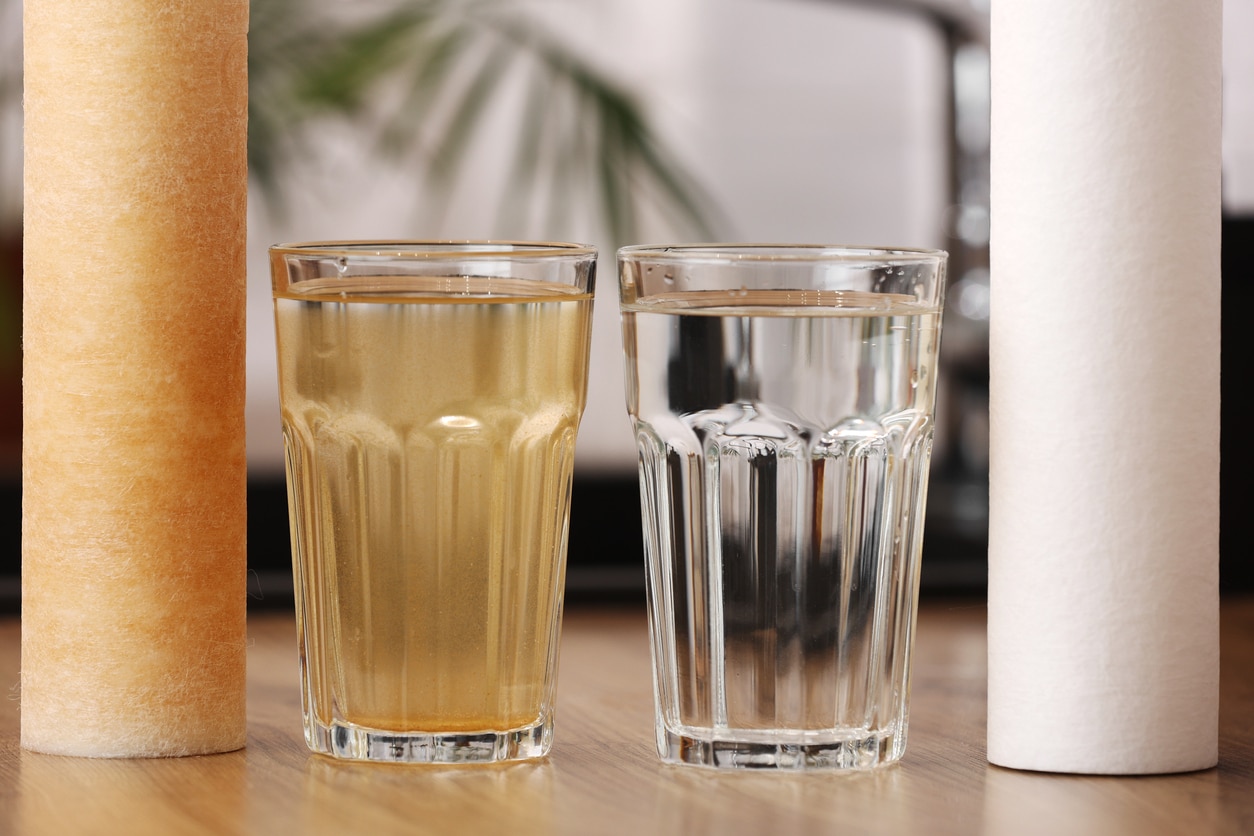Well water is one of the most common sources of drinking water in rural and suburban areas. While it’s a natural water source and can be cleaner than others, it isn’t always free from contamination. Contaminants can seep into the well water, making it unsafe for human consumption. That’s why it’s essential to know about the common pollutants that could be present in your well water and how to identify them.
1. Bacteria and Viruses
Bacteria and viruses are some of the most common contaminants found in well water. They can come from animal and human feces or septic tanks, which can cause severe illnesses. Water tests can be conducted at a reputable laboratory to detect these contaminants. Then, from here, a water filtration system is the best way to stay safe moving forward.
2. Pesticides and Herbicides
Agriculture farms are typically located in rural areas where well water is primarily used for domestic and agricultural purposes. When pesticides and herbicides are sprayed onto crops, they can seep into the groundwater and contaminate the well water. Testing for pesticides and herbicides can be challenging, as they are difficult to detect. However, a professional water testing laboratory can identify their presence in the water.
3. Heavy Metals
Heavy metals such as lead, mercury, arsenic, and cadmium can find their way into well water sources through natural processes, such as erosion and weathering. They can also come from human-made sources, such as industrial discharges and mining activity. Well owners can perform a simple water test or consider professional testing to detect heavy metals in water.
4. Nitrates
Nitrates are a common contaminant found in well water and one that affects agricultural areas. Nitrates come from fertilizers, animal wastes, and industrial effluents. High levels of nitrates can cause severe illnesses, so it’s vital to send your water test to a professional to check for contamination.
5. Radon
Radon is a radioactive gas found in soil and rocks. It can dissolve in water and enter wells, ultimately affecting human health. Radon exposure has been linked to lung cancer, making it extremely hazardous to health. To test for radon, well owners can purchase a test kit or hire a professional testing service.
Contact us For All Your Water Treatment and Filtration Needs
If you notice a strange taste in your water or contaminants, Easterday-Wilson Water Services can help. We treat countless water quality problems and eliminate common water contaminants on a daily basis. Call us at 301-831-5170 for additional information and schedule your free water evaluation today.


